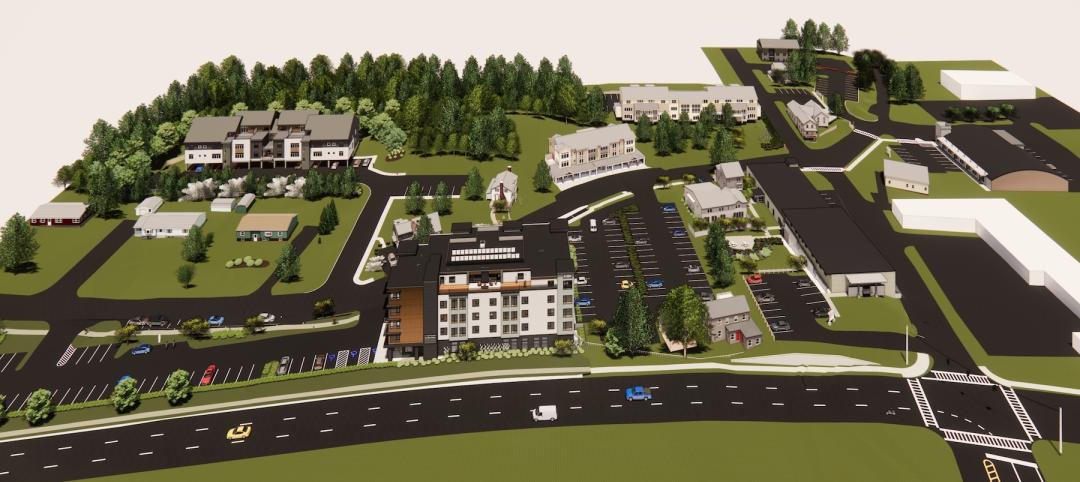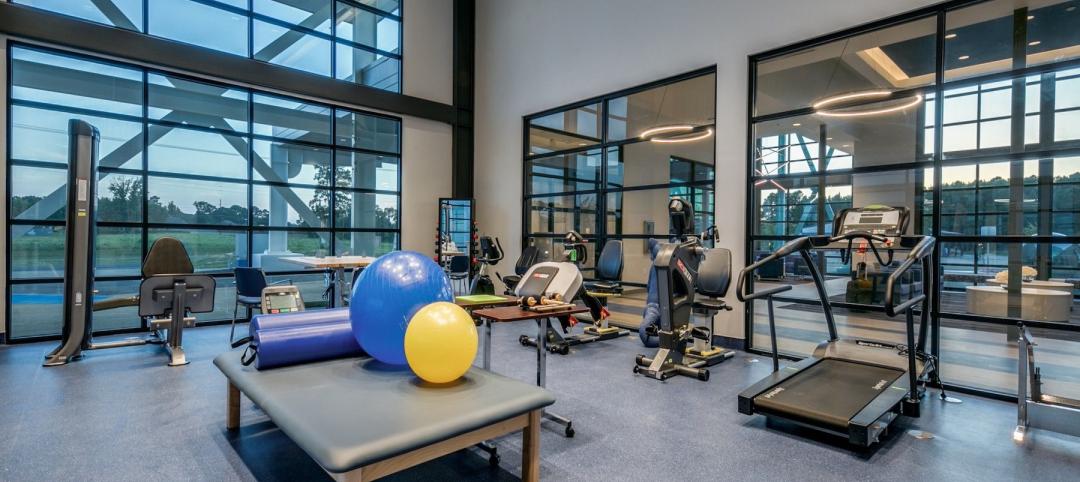A PDF of the Annual Roofing Survey can be downloaded at the bottom of this page.
Key findings of the roofing survey
- Respondents named metal (56%) and EPDM (50%) as the roofing systems they (or their firms) employed most in projects. However, the results show that they used a wide variety of roofing types, including built-up, shakes and shingles, modified bitumen, TPO, PVC, and tiles.
- Insulation choice was also spread among several product categories, with polyisocyanurate leading the way (62%) and EPS, XPS, and sprayed polyurethane foam also showing support.
- More than half of respondents (53%) said their roofing projects were essentially all low-slope jobs (2/12 rise or less), but nearly a third (31%) said steep-slope roofs (>2/12 rise) comprised all or almost all of their roofing-related projects.
- New construction and retrofits were fairly evenly split among respondents’ roofing-related projects over the last couple of years.
- Initial cost is not the most important factor in choosing a roofing system. That honor went to durability and reliability, at least from the experience of respondents and their perception of their clients’ priorities.
- In a related finding, it is not surprising that “leaks or failures” (42%) was the single biggest concern or worry expressed by respondents, along with such related factors as “quality/performance” (17%) and “incorrect installation” (11%). Again, cost was not the key concern, with only 13% of respondents checking it as their number one worry.
- In terms of “green” factors, energy efficiency (52%) is far and away the crucial component of a roofing system, followed distantly by life cycle cost (25%).
- Building information modeling is still largely in its infancy in respondents’ roofing-related projects, with less than one-third (32%) saying that they used BIM. However, the use of BIM is expected to grow to about 59% over the next two years or so.
- Only a small percentage of respondents (4%) said they (or their firms) have made extensive use of photovoltaics on roofs in the last two years, but three in 10 (30%) had used PVs in a few projects. The upside is that 57% plan to do so in the next 18-24 months.
- Similarly, the extensive use of green vegetative roofs is limited (2%), but 23% of respondents (or their firms) have tried them in at least a few projects in the last two years, and 38% said they intend to do so in the next 18-24 months.
Survey Methodology
The survey was emailed to a representative sample of BD+C’s subscriber list. No incentive was offered; 263 qualified returns were obtained. The majority of responses (52%) came from architects and designers, a group that represents half of BD+C’s subscriber base; however, respondents were spread across the professions and included nearly one-fifth (18%) from among owners and facilities directors. In terms of location, respondents’ roofing-related projects covered the entire U.S. (and a bit in Canada), although the Mid-Atlantic region may have been underrepresented (8%). A margin of error of 6-7% at the 95% confidence level can be applied in most cases.
Note: Some of the tables refer to “Top % rank,” the percentage of respondents who rated the factor as their single most important factor. “Weighted score” was calculated by tripling the number of respondents who rated the factor #1, doubling those who rated the factor #2 by 2, multiplying by one those who rated the factor #3 by 1, and dividing the sum by three to obtain the average.
Download a PDF of the Annual Roofing Survey below
Related Stories
Education Facilities | Nov 30, 2022
10 ways to achieve therapeutic learning environments
Today’s school should be much more than a place to learn—it should be a nurturing setting that celebrates achievements and responds to the challenges of many different users.
75 Top Building Products | Nov 30, 2022
75 top building products for 2022
Each year, the Building Design+Construction editorial team evaluates the vast universe of new and updated products, materials, and systems for the U.S. building design and construction market. The best-of-the-best products make up our annual 75 Top Products report.
K-12 Schools | Nov 30, 2022
School districts are prioritizing federal funds for air filtration, HVAC upgrades
U.S. school districts are widely planning to use funds from last year’s American Rescue Plan (ARP) to upgrade or improve air filtration and heating/cooling systems, according to a report from the Center for Green Schools at the U.S. Green Building Council. The report, “School Facilities Funding in the Pandemic,” says air filtration and HVAC upgrades are the top facility improvement choice for the 5,004 school districts included in the analysis.
Architects | Nov 29, 2022
Three decades and counting, Tinkelman Architecture has helped reshape New York’s Hudson Valley
The full-service firm has designed more than 100 projects in this region, including several multifamily buildings currently in the works
Retail Centers | Nov 29, 2022
'Social' tenants play a vital role in the health of the retail center market
After a long Covid-induced period when the public avoided large gatherings, owners of malls and retail lifestyle centers are increasingly focused on attracting tenants that provide opportunities for socialization. Pent-up demand for experiences involving gatherings of people is fueling renovations and redesigns of large retail developments.
Giants 400 | Nov 28, 2022
Top 200 Office Sector Architecture and AE Firms for 2022
Gensler, Perkins and Will, Stantec, and HOK top the ranking of the nation's largest office sector architecture and architecture/engineering (AE) firms for 2022, as reported in Building Design+Construction's 2022 Giants 400 Report.
Legislation | Nov 23, 2022
7 ways the Inflation Reduction Act will impact the building sector
HOK’s Anica Landreneau and Stephanie Miller and Smart Surfaces Coalition’s Greg Kats reveal multiple ways the IRA will benefit the built environment.
Multifamily Housing | Nov 22, 2022
10 compelling multifamily developments debut in 2022
A smart home tech-focused apartment complex in North Phoenix, Ariz., and a factory conversion to lofts in St. Louis highlight the notable multifamily developments to debut recently.
Digital Twin | Nov 21, 2022
An inside look at the airport industry's plan to develop a digital twin guidebook
Zoë Fisher, AIA explores how design strategies are changing the way we deliver and design projects in the post-pandemic world.
Healthcare Facilities | Nov 17, 2022
Repetitive, hotel-like design gives wings to rehab hospital chain’s rapid growth
The prototype design for Everest Rehabilitation Hospitals had to be universal enough so it could be replicated to accommodate Everest’s expansion strategy.

















